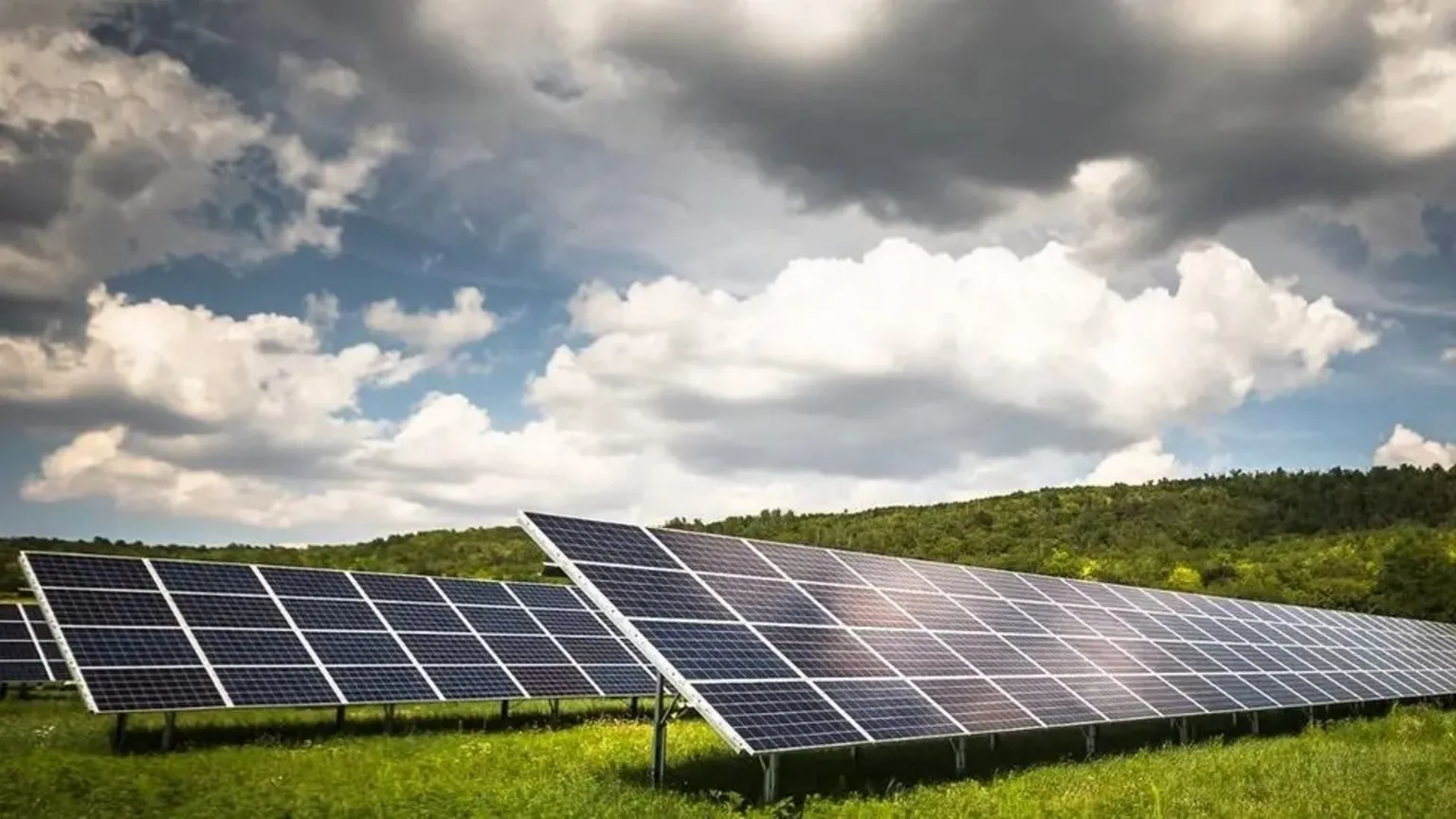Controversy has been stirred by plans to develop one of the UK's largest solar farms, covering over 2,000 acres of Oxfordshire countryside, that have polarized public opinion on the project's environmental and economic impact.

The Botley West Proposal
The £800 million Botley West Solar Farm would be sited over three sites across north Woodstock, west Kidlington, and west Botley. The solar farm proposes the generation of 840MW of electricity to power approximately 330,000 homes, considering that 90 percent of the land is owned by Blenheim Estates, leased to developer Photo Vault Development Partners (PVDP).
If approved, the project would be large compared with current farms, such as the 250-acre Shotwick Solar Park in Wales. That one development will represent just 1.2% of the UK's solar capacity target for 2035, through a 56GW increase in installed solar power.
The Case for Renewable Energy
Proponents of Botley West believe it is crucially needed if the UK is to meet its ambitious climate targets. Energy Secretary Ed Miliband has also stated that solar is going to be key to achieving an 81% reduction in emissions by 2035.
Mark Owen-Lloyd, director of PVDP, underlined how necessary the project was: "Government energy policy is calling for a 250% increase in installed ground-mounted solar. This project will make a significant contribution."
Large solar farms are supported as part of a diversified energy strategy by experts, including Dr. Sam Mudie of the University of Reading. But he did mention that wind energy and rooftop solar installations could be the other way out to lessen the use of land, though at a more substantial cost.
Opposition and Local Concerns
Local opposition has been loud from residents, farmers, and environmental campaigners, criticising the sheer scale of the development that will be undertaken at Botley West. Former MP for Witney Robert Courts pointed to the "sheer scale", while former Conservative leader of Oxfordshire County Council Ian Hudspeth described the plan as an "ocean of glass and steel" that cuts across the countryside.
Farmers expressed similar misgivings, as Karl Franklin did near Chipping Norton, at losing farm acreage to food production. "We need to be as self-sufficient as possible," Franklin said. "Putting solar panels on the buildings first seems more sensible than taking away productive land.
Likewise, the NFU reiterated that view, warning of the impacts on the viability of farm businesses. However, Nick Eyre of the Environmental Change Institute at the University of Oxford contested that fears on food security were exaggerated, not least with the statistic that 1% of the UK was taken up by golf courses.
Balancing Energy and Community Needs
Botley West is a Nationally Significant Infrastructure Project, which means the government - rather than local councils - will decide whether it gets the green light. The Planning Inspectorate has asked developers to provide more justification for the project's scale and need.
The Department of Energy Security and Net Zero - which oversees the planning process - would not comment specifically on the Botley West development but said it was committed to ensuring that local communities benefit from all new clean energy developments.
If approved, construction could start as early as 2026, with the solar farm projected to feed into the National Grid by 2028.
A Way Forward?
The furore over Botley West underlines the difficulty of balancing the UK's ambitions for renewable energy with the need to preserve the rural landscape and take into consideration the concerns of often vocal local communities. As the debate proceeds, it is a salutary lesson in how to balance the competing demands of sustainable development in the twenty-first century.
 SolarInfo
SolarInfo